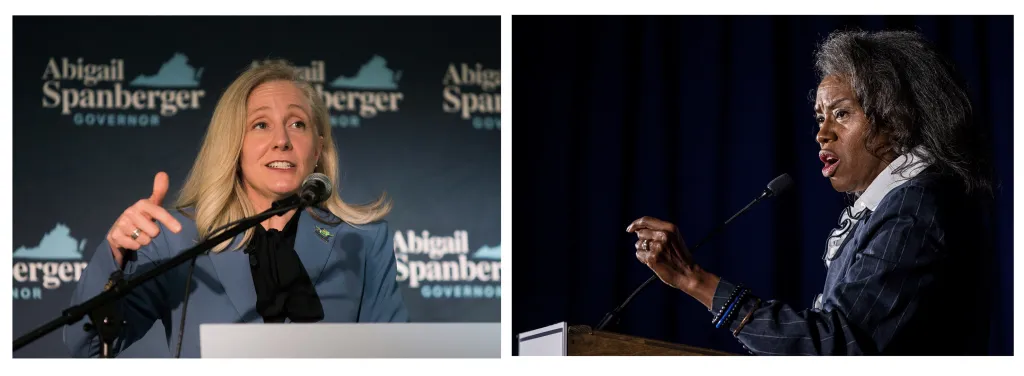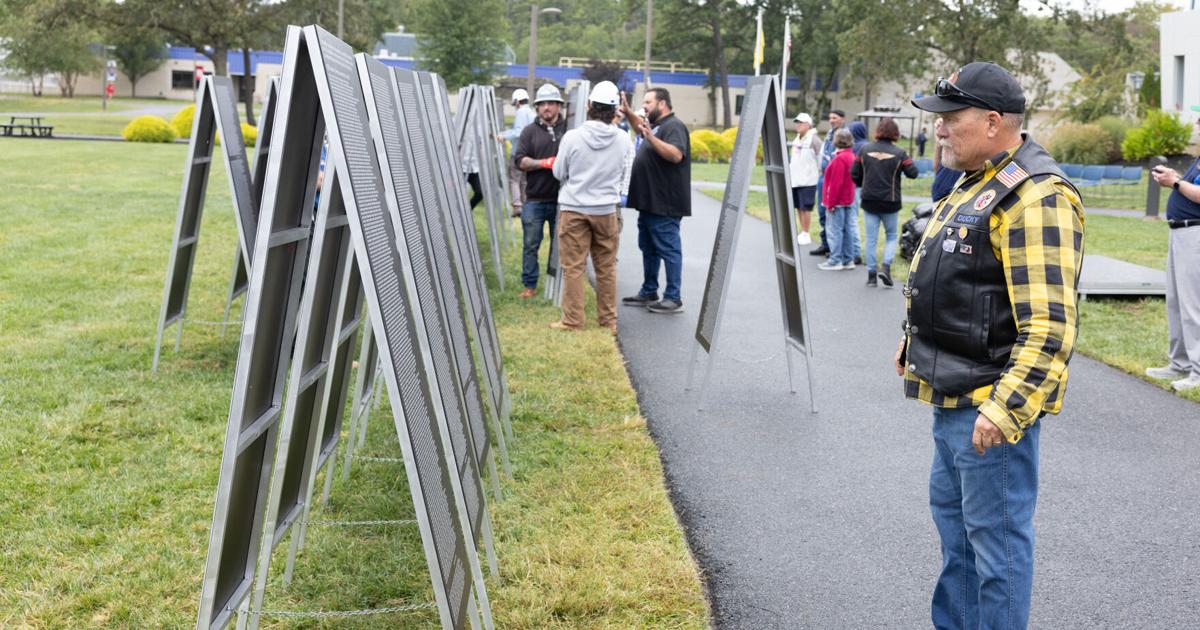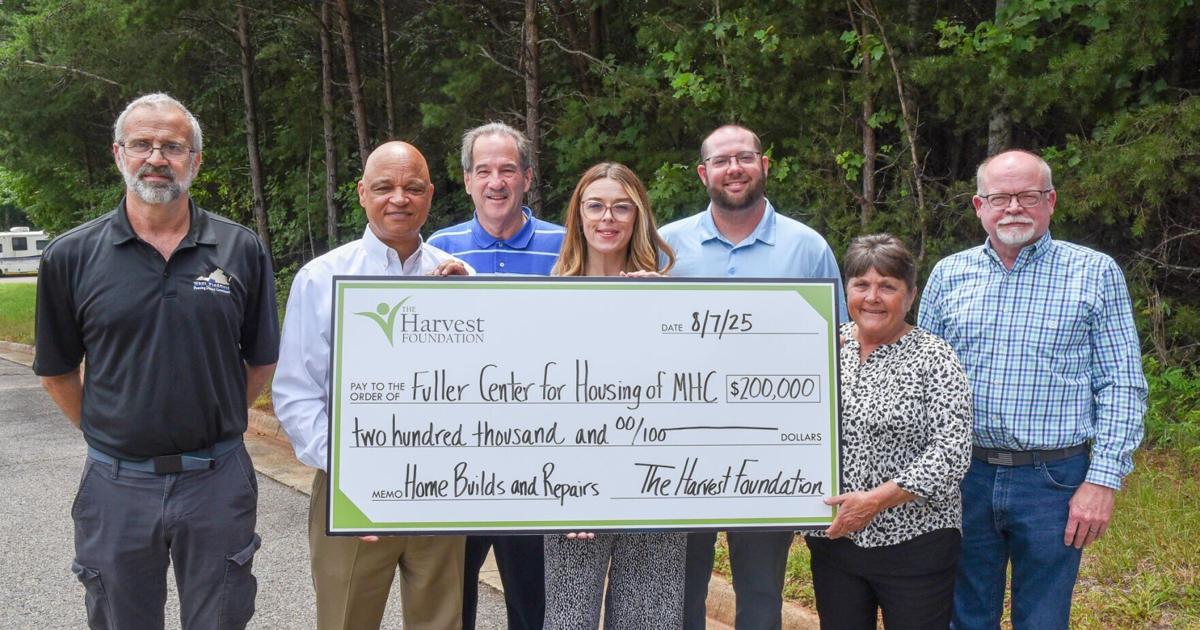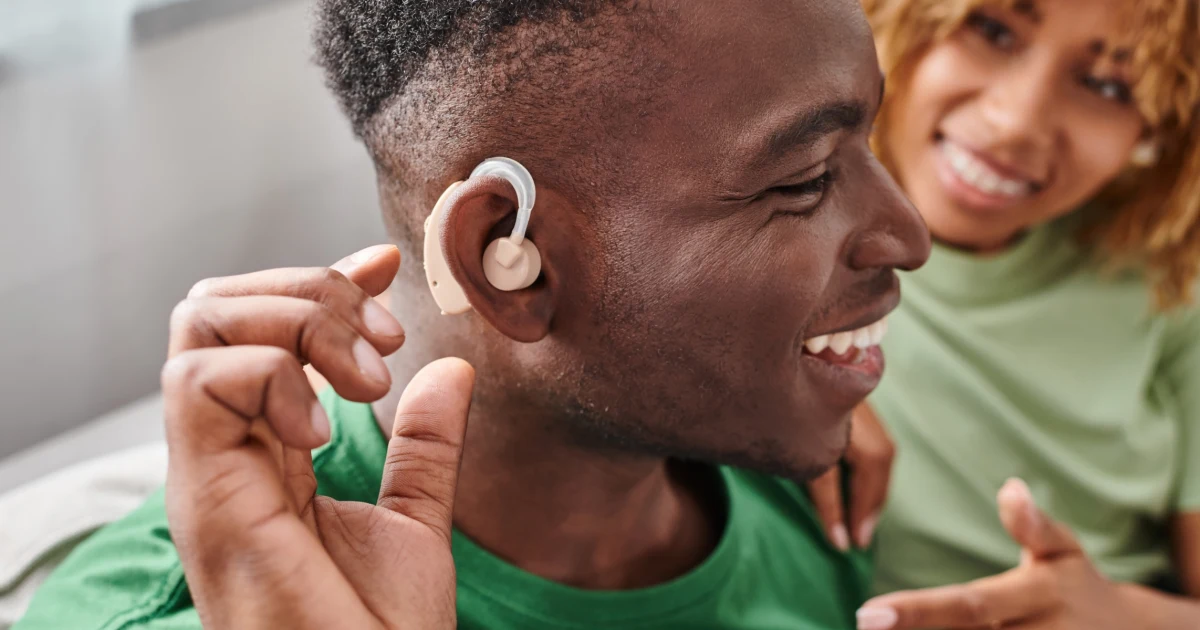
Gubernatorial candidates Abigail Spanberger and Lt. Gov. Winsome Earle-Sears laid out very different visions for how federal cuts to Medicaid would impact people with disabilities in Virginia.
All six candidates running for the top three elected positions in Virginia appeared together virtually to discuss disability issues Monday night.
“How dare we, as elected leaders, try to make you feel that we’re going to take away, for example, your Medicaid,” Earle-Sears said, seemingly taking aim at Spanberger, who said that the impacts of the One Big Beautiful Bill Act would be devastating. “How dare we add to whatever issues that you’re facing?”
Earle-Sears stressed that the changes to Medicaid, such as work requirements, would impact able-bodied people who have coverage through Medicaid expansion, not people with disabilities, and that the cuts — more than $900 billion in federal spending over the next decade — will be gradual.
“We’ve put so many different (developmental disability and intellectual disability) waiver slots in place, we didn’t do that only to take it away,” she said. “We’re not working in vain, and we’re not trying to make anyone’s life at all.”
Spanberger said 350,000 Virginians covered by Medicaid, Medicare and the marketplace through the Affordable Care Act are at risk of losing coverage, and that rural hospitals would be at risk of closing as a result of federal legislation.
“As governor, I will use every resource at the commonwealth’s disposal to mitigate the devastating impacts of this reckless, terrible, damaging bill, and to protect protect Virginians who rely on Medicaid, including individuals with disabilities and their caregivers,” she said.
How the state will take on Medicaid in the wake of federal cuts was top of mind for disability advocates. Many people with disabilities access Medicaid through expansion. And it’s not immediately clear how people with disabilities will be exempted from the work, education or community service requirement.
“We’re wondering how the state will set up a system to verify, and regarding the exceptions, what is the definition that they’re going to use for disability?” Nichole Davis, executive director for the Center for Independent Living in Norfolk, said in an interview. She served as one of the forum moderators.
The forum was the first time all six candidates running for governor, lieutenant governor and attorney general have answered questions at the same event.
Here’s what they had to say.
Medicaid
Earle-Sears touted Gov. Glenn Youngkin’s expansion of developmental disability waivers, which pay for supports so that people with disabilities can live on their own, with family, or trained staff.
“We’ve added, for example, $247 million for 3,440 new waiver slots, we’ve added another $574 million in our DD/ID waivers through Right Help Right Now,” she said. “I know a little bit about that because my family has experienced issues in this field and needed a lot of help.”
Earle-Sears also said Virginia could dip into its reserves to cover gaps in federal Medicaid spending. She said her plan also included creating a one-stop shop for all things Medicaid in the state.
Spanberger said her plan to safeguard Medicaid included modernizing the state system and investing in administrative support to accommodate the new requirements.
“I will also invest in the pipeline of providers that serve Virginians with disabilities, from caregivers to direct support professionals to the doctors in specializing in care so that no Virginian falls through the crack,” she said. “The circumstances and the impact that we expect to see facing Medicaid because of this law… is significant.
“The impacts will be catastrophic, but as governor, I will work to mitigate every harm that will be created by this bill.”
Criminal justice
People with disabilities are arrested and incarcerated at a disproportionate rate, said moderator Shay Ruff, a self-advocate and trainer at the Arc of the Virginia.
Republican incumbent Attorney General Jason Miyares said all Virginia Department of Corrections facilities have a designated Americans with Disabilities Act Coordinator to assist with grievances and requests regarding disability concerns. Miyares also touted Youngkin’s Right Help Right Now initiative.
“We obviously want to reduce the criminalization of behavioral health, but also, it’s about developing more capacity: targeted support for substance abuse disorders, and efforts to prevent overdoses as well,” he said. “We have been diligent with our work in the Attorney General’s Office and the (Office of) Civil Rights to make sure that your civil rights don’t go away just because you are incarcerated.”
Former Del. Jay Jones, the Democratic attorney general hopeful, said he would expand the Civil Rights Office.
“I’ll push to expand Marcus Alert grants to place more mental health crisis responders on the ground to work with officers and mental health or substance abuse crises, seeking to safely diffuse potentially dangerous situations,” he said.
Emergency preparedness
Ruff said as climate change intensifies the frequency and intensity of natural disasters, people with disabilities are equally affected. John Reid, the GOP lieutenant governor nominee, said he would push for better accessibility before, during and after a disaster, including disability advisory councils for state and local disaster preparedness plans.
“Have inventories of accessible shelters, generators, refrigeration for meds has been expressed to me as a big concern,” he said.
He also proposed an opt-in 211 registry that would tell first responders where people with disabilities are and how to help them in the event of an emergency.
Asked to respond to the same question, Democrat Ghazala Hashmi proposed similar plans to include people with disabilities and accessibility in the planning process, including emergency communications available in formats like American Sign Language interpretation, screen reader-compatible text.
“We need to build resilience by addressing the long-term public health and infrastructure inequities that too often leave disabled communities more vulnerable in the first place,” she added. “These are issues such as lack of accessible housing, lack of reliable transportation as well as broadband access, which provides critical telehealth and emergency alerts.”
Voting rights
Virginia is one of a handful of states that permanently disenfranchises people with disabilities when they are placed under a legal guardianship, unless the court order specifically provides for voting rights.
Jones said he would advocate for legislation that required individuals under guardianship to have their voting rights reevaluated in addition to existing yearly reporting requirements.
“No Virginian should lose the opportunity to participate in our democracy without regular, meaningful review,” he said.
Miyares said he also supported periodic reviews, and if there were concerns that someone’s right to vote had been taken away unfairly, to contact the attorney general’s office.
Moderators also asked the gubernatorial candidates about restoring the right to vote for people with felony convictions once they’ve completed their sentence, noting that nearly 40% of state prisoners report at least one disability.
“I ran a men’s prison ministry, so I’m looking for second chances, this is what I’m about,” Earle-Sears said. “But I am not for maybe rapists, pedophiles, certain felonies I don’t think we’re going to look kindly on that.”
Spanberger said she was supportive of the proposed constitutional amendment that would automatically restore the rights of people who had completed their sentence.
“I will also ensure that for the beginning of my administration, until that amendment is passed, I will work tirelessly to ensure that everyone who is eligible to have their rights restored sees their rights restored,” she said.
Early voting in Virginia starts Friday.
Kate Seltzer, 757-713-7881, kate.seltzer@virginiamedia.com



